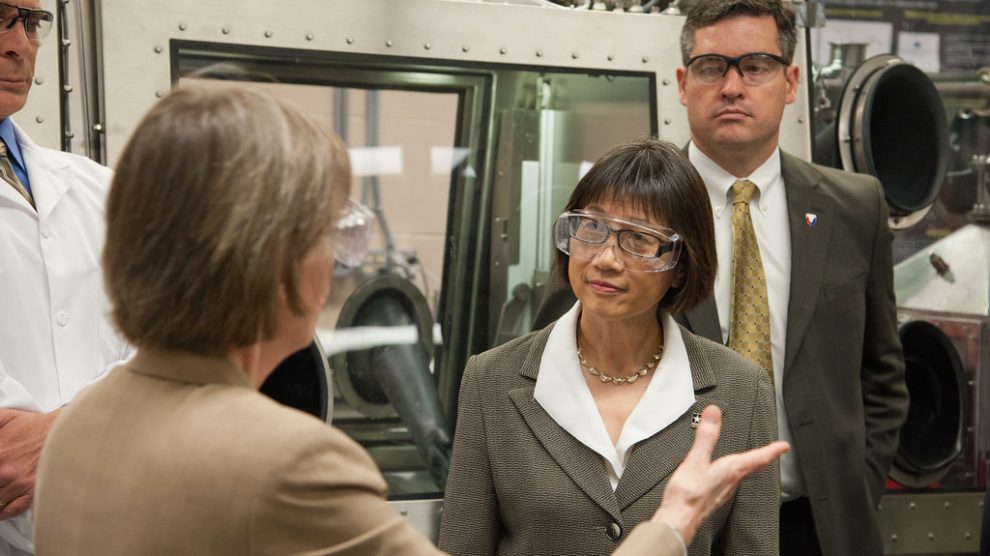The following are edited takeaways from the Rome Aerospace Power Symposium speech of Heidi Shyu, Undersecretary of Defense for Research and Engineering, as recounted by our sister website.
On tech R&D. We are entering a new strategic era, a decisive decade, where it’s crucial to invest in tech development with a long-term outlook. Competitive advantage in technology, to achieve by leveraging international cooperation among partners to the fullest extent – including by pooling resources – will create the conditions and solutions that will allow us to meet the near-future challenges.
- The link between defence and tech is highlighted in the US’ latest National Security Strategy, remarked Ms Shyu.
On maintaining a free and open aerospace. The official remarked that the matter is among the Pentagon’s priorities. It’s also at the centre of discussions with the Italian Defence and other institutions. Orbits are the new frontier, she stressed, as they hold the potential to amplify the Armed Forces’ ability to operate and act effectively in all other operational scenarios.
- The Pentagon is also increasingly looking at protecting its orbital systems using onboard software and new propulsion platforms – namely electric propulsion and micro-propulsion – and refuelling satellites in orbit to extend their lifespan.
On the role of AI-powered UAVs. Such operations also require expanding satellite automation, including artificial intelligence, and facilitating human-machine integration. The Pentagon official remarked that autonomy and AI will be essential features of uncrewed vehicles across domains.
- The US is developing various new UAVs capable of navigating complex scenarios on land, in the water, through the air and across all those domains.
- These systems will communicate among themselves through an in-development, integrated system of systems.
- A new type of interface between human and machine will complete the package, delivering a highly-immersive and realistic virtual environment that may enhance the operator’s capabilities.
On the private sector’s role. The space domain will surely benefit from the cutting-edge technological innovations being developed in the private sector, highlighted Ms Shyu, underscoring the need to take advantage of the fast-growing commercial space launcher sector, which is revolutionising orbital access by bringing down the cost of launches.
- The diversity and competitiveness of players in the commercial space area also boosts tech innovation, due in part to its ability to take risks in developing new capabilities.





